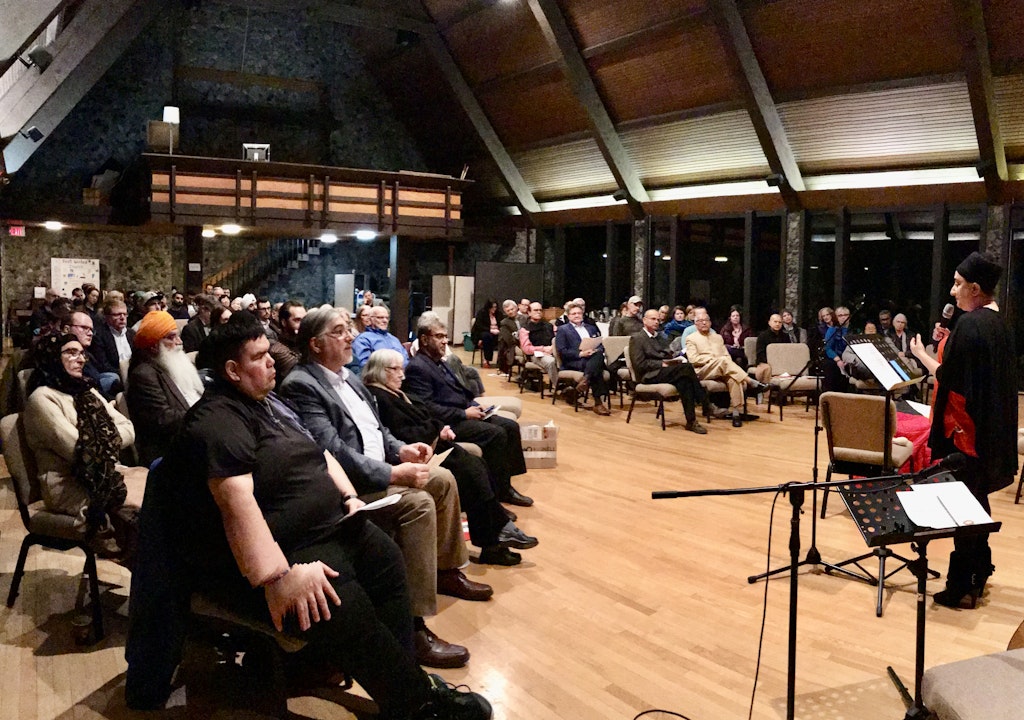The Baha’i Faith, founded in the mid-19th century by Baha’u’llah, stands as a beacon of hope for a war-weary world. It emphasizes universal peace, equity, and the significance of spiritual and moral development. Central to its teachings is the unequivocal repudiation of war—a stance underscored by the assertion that holy war, or jihad as traditionally understood in some religious contexts, is outlawed. This article endeavors to explore the Baha’i perspective on peace, illustrating the theological, social, and ethical implications of such a stance.
Embodying a profound respect for human dignity, Baha’i teachings reject the notion that any religious doctrine could justify war. The first compelling reason for this rejection lies within the very nature of God as described in their scriptures. God is viewed as an embodiment of love, mercy, and compassion. Thus, any acts that inflict suffering or promote hostility would be inherently contradictory to divine attributes. When Baha’u’llah proclaimed that war is “the most great injustice,” he provided a clarion call for humanity to reconsider its approach to conflict.
More than mere rhetoric, Baha’i teachings offer a transformative lens through which to examine the diverse manifestations of conflict, both personal and collective. The Baha’i perspective articulates that violence typically arises from the absence of understanding, the lack of unity, and the failure to acknowledge the oneness of humanity. In an age characterized by division and ideological schisms, Baha’is advocate for dialogue, empathy, and cooperation as effective antidotes to discord. Addressing the prevalent ethnocentric view in various societies, Baha’i teachings encapsulate a call to elevate humanity’s collective consciousness toward global citizenship.
Equally important is the concept of individual responsibility in the pursuit of peace. The Baha’i writings posit that each person harbors the potential to contribute to a harmonious world through personal transformation. Character building is, therefore, not only a personal endeavor but a societal imperative. By cultivating attributes such as kindness, patience, and humility, individuals can foster an environment where peace flourishes. The Baha’i principle of consultation emphasizes collective decision-making, encouraging groups to come together to approach challenges with an open heart and mind. Here, dialogue takes precedence over discord, fostering a culture of mutual respect.
Historically, the Baha’i community has faced persecution due to its radical embrace of unity and peace. Yet, rather than succumbing to animosity or retribution, Baha’is have responded with forbearance, embodying the very ideals they espouse. This resilience against oppression mirrors the broader Baha’i commitment to peaceful advocacy, underscoring the belief that justice is best achieved through moral means rather than through violence. Such actions exemplify the principles of forgiveness and compassion, which are cornerstones of the Baha’i Faith.
Moreover, the Baha’i stance on peace extends beyond interpersonal relations to encompass international relations. As conflicts increasingly manifest on a global scale, the Baha’i teachings advocate for a scientific approach to governance and international peace-building. The establishment of consultative bodies, such as the International Court of Justice, aligns with Baha’i principles, promoting negotiation and diplomacy over military intervention. It is a call to the world’s leaders to participate in dialogues that transcend national interests, focusing instead on collective human advancement.
At a more profound level, the Baha’i teachings on peace underscore the interconnectedness of humanity. The notion of collective security is integral to this perspective. A community that engages in acts of love and solidarity will inevitably contribute to the greater good, breaking the cycle of fear that often catalyzes conflict. Baha’is contend that true peace can only be achieved when the economic, social, and political rights of all people are safeguarded. This intrinsic relationship between rights and peace is essential to any substantive discourse on international relations; it reflects the understanding that societal well-being and harmony are products of fair and equitable systems.
Furthermore, it is essential to recognize that the Baha’i approach to outlawing holy war is not merely an ideological stance but an active engagement with the pressing realities of the present day. Current conflicts worldwide often reflect deep-seated grievances and historical injustices that require thoughtful attention and resolution. The Baha’i community encourages systems of education aimed at enlightening future generations, thereby fostering a culture of understanding and a rejection of extremism in all forms. Such commitments to education empower individuals to rise above prejudicial tendencies, becoming agents of change rather than perpetuators of conflict.
In summary, the teachings of the Baha’i Faith provide a holistic framework for understanding and achieving peace. By outlawing concepts of holy war and prioritizing the principles of love, unity, and justice, the Baha’i perspective reveals the deeper spiritual truths underlying humanity’s quest for harmony. Through consultation, personal transformation, and a steadfast commitment to human rights, a universal moral imperative emerges—a call to rise above the divisions that fragment today’s world. As humanity continues to grapple with the complexities of coexistence, the Baha’i model offers a transformative vision—one that seeks not merely the cessation of conflict, but the creation of a unified and peaceful global society.
